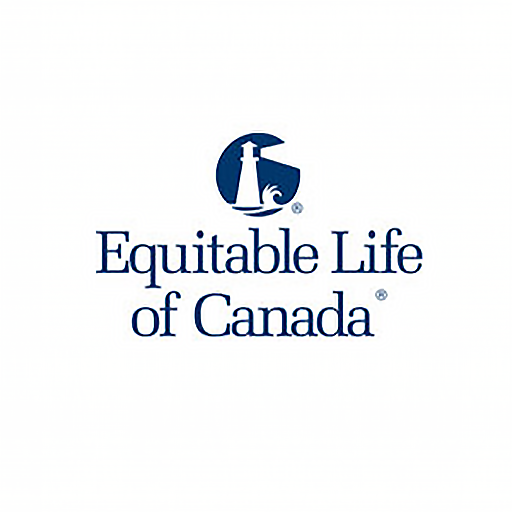Owning an automobile is like a basic necessity for most Canadians. It is important to understand that once you are behind the wheels, the lives and property of your passengers, fellow drivers, and pedestrians are in your hands. It is necessary to protect them at all costs with efficient and reliable auto insurance.
At Ihgandhi Financial Solutions, we take on a wide array of clients whose goal is to protect and secure their life, those of others, and the property in the event of an accident, theft, or any other covered unfortunate situation. Whether you own cars or getting introduced to the auto world, our job is to make you understand how auto insurance works and how well you can protect your life and that of others.
Do You Know?
When it comes to road, traffic, and accidents, 1922 represented the Number of road traffic collision deaths in 2019 while 960 drivers were killed in road traffic collisions. In total, 9494 serious road traffic collision injuries were sustained in Canada.

What is Auto Insurance?
Canadian law requires every one operating motor vehicle to have insurance. As much as having insurance is a necessity, it is important to understand what must be included and what is optional in the policy.
Auto insurance is a stated contract between the owner of the vehicle and the insurance company that protects the policyholder against financial loss in the event of an accident or theft. In exchange, the policyholder has to pay consistent premiums throughout the period the insurance company agrees to pay your losses as outlined in your policy.
How does Auto Insurance work?
- Your insurance company estimates an annual cost or premium to accept the risk of covering your vehicle. Premiums are calculated based on the assumptions of the price the insurance company puts on your future claims in the vent that you need covering.
- To keep this risk insurance active, you as the policyholder are expected to pay consistently the stipulated premiums on a month of an annual basis.
- All the premiums are collectively stored in one pool that operates on an annual basis.
- In the event that the policyholder makes a claim, the insurance company will collect all the premiums from the pool and pay for the incurred losses.
Do I really need Auto Insurance?
Yes, auto insurance is a mandatory requirement by law for anyone with an automobile that is being operated. Regardless of where you are, driving without auto insurance is a serious offense that is met by harsh penalties that include heavy fines and license suspension. Driving without insurance puts your savings, home, and other assets at risk besides risking your own life as well as that of others and breaking the law. Also, the acquisition of vehicle registration is limited to those with insurance or proof or insurance.
Who is insured?
Auto insurance covers the driver, occupants, and potentially any pedestrians involved in a collision with the vehicle. The main user of the vehicle is referred to as the principal driver and any other listed drivers are referred to as occasional or additional drivers. Coverage may also be provided for damage to the vehicle.
What does it cover?
- Property – such as damage to or theft of your car.
- Liability – your legal responsibility to others for bodily injury or property damage
- Medical – the cost of treating injuries, rehabilitation and sometimes lost wages and funeral expenses
What are the advantages of Auto Insurance?
- Damage or loss to the insured vehicle
- Personal accident cover
- A large network of garages
- Third-party liabilities
- No claim bonus
Types of Auto Insurance Coverage
Every vehicle owner is subject to purchasing the minimum auto insurance. Additional auto insurance coverage you may consider include:
- Collision
- Specified Perils
- Fire
- Theft or attempted theft
- Lightning
- Hail
- Rising water
- Earthquake
- Windstorm
- An explosion, riot or civil disturbance
- The falling or forced landing of aircraft or parts of aircraft
- The stranding, sinking, burning, derailment or collision of any kind of transport in, or upon which, a described automobile is being carried on land or water
- Comprehensive
- All Perils
Our Trusted Partners
FAQs
What are deductibles?
A customer’s limit is the total amount an auto insurance company is willing to pay the policyholder in the event that a claim on a covered loss is made. On the other hand, deductibles are the total amount the policyholder pays.
Do limits and deductibles affect my regular premiums?
Yes, limits and deductibles affect the number of premiums. With a higher limit and lower deductibles, you will have to submit to higher regular premiums while higher premiums are accompanied by lower deductibles and limits. While choosing an auto insurance plan, we always advise our clients to check on their financial position in regard to affordability.
Who is covered by my insurance policy?
The insurance policy that you receive is meant to cover licensed drivers with permission of driving your car with regards to outlined exceptions that are clearly stated at the signing of the insurance.
Does my auto insurance policy cover protect personal items theft?
The insurance is responsible for providing cover for your vehicle while other personal items that are carried in the car and might be stolen with or while in the car are covered under the home, condo, or tenant insurance.
How can auto insurance premiums be reduced?
- Keeping your driving record and driving carefully.
- Pick a higher deductible plan.
- Getting rid of a collision on older vehicles if you don’t have to repair them.
- Auto insurance and home insurance should be from the same insurance company.
- Keep a low KM record of your vehicle.
- Consider usage-based insurance.
- Ask about available discounts.
Are there any tips that can help me stay safe on the road?
- Regularly service your car.
- Keep battery, hoses and fluid levels in check.
- Replace worn wiper blades and bulbs.
- It’s advisable to have snow tires for winter
- Change oil regularly.
- Always drive safely.





